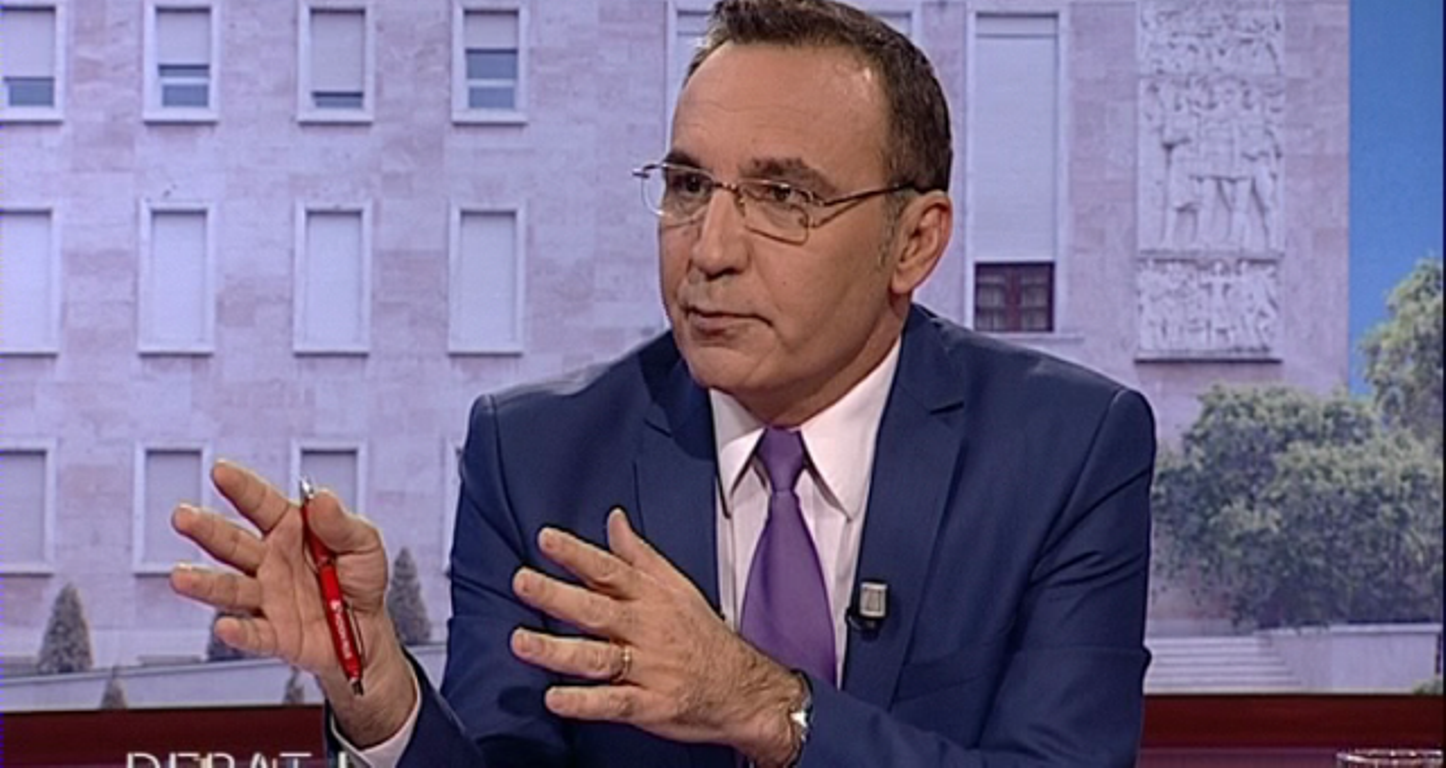
By Eduard Zaloshnja
Those of us who have witnessed the December 1990 protests, were excited when the current students’ protest kicked off. At that time, a group of students rose spontaneously in protest and made some economic demands. Their march was joined by thousands of students from different faculties. However, this is as far as this comparison goes.
The protest is not being joined by a group of student leaders and professors, as it happened in December 1990, when such group did (this group consisted of Azem Hajdari, Tefalin Maleshyti, Shinasi Rama, Arben Imami, Sali Berisha, Arben Demeti, Gramoz Pashko, etc). Currently, students’ demands are mainly financial and they’re also requesting better management in public universities.
Those who dreamed of a revolution being born from the students’ protest (including me), remained disappointed. Such revolution (peaceful, not violent) should have targeted the entire political and economical class, by offering the country a new political force which would govern Albania differently from what the SP, DP and SMI have governed it so far.
The 700 thousand Albanian people (who do not participate in the elections) may not see this revolution take place any time soon, however, perhaps time has come to talk about political changeover.
The fact that students coming from families of different political convictions are participating in this protest, shows that disgruntlement against Rama’s government (or perhaps against him personally) is not only restricted to families supporting DP and SMI. Although several groups of students may be under the direct influence of DP or SMI and although the DP and SMI have organized protests in other areas of the country, the problems that the students have pointed out affect a broad segment of the population. Even a simple socialist family finds it difficult to pay for tuition fees, fuel or power supply bills.
If the government does not address these problems as soon as possible, protests may escalate up to a point that the government may fall and declare a snap poll. This snap poll would bring a transfer of power.
But if the current protest does not escalate to that point, could it bring political change over closer?
Before the protest, the surveys that I’ve carried out every month showed an electoral stagnation (except for the months when we had the so called “Tahiri” and “Babale” scandals). The number of people willing to vote for the Socialist Party was around 700 thousand (as opposed to 765 thousand who voted the SP in last year’s elections). On the other hand, opposition parties altogether could barely collect 700 thousand votes in the opinion polls. Albania’s electoral history has shown that with such results on the opinion polls, the party in power is fully capable of winning the elections.
Nevertheless, the current protest could send a strong message to left wing voters, who up until today have not considered any other alternative except the SP. Nobody expects socialist voters to all of a sudden vote the DP or SMI, but they could very well decide not to vote at all. And if the SP falls below the 700 thousand votes, this could seriously ruin its chances for a third term in office.
Of course, if the SP falls under the 700 thousand vote threshold, this could automatically lead to a political changeover. In order for this to happen, the DP should form a pre-electoral coalition with SMI and other small parties. On its own, the DP could hardly obtain 500 thousand votes (as opposed to 465 thousand votes obtained in last year’s elections). In fact, in these days of protest, DP and SMI seem very close to each other. However, we don’t know if they’ll be this close when the elections approach and when it comes to dividing power.
Note: The views expressed in this article are the author's own and do not necessarily reflect Albanian Free Press’ editorial policy




 ALB
ALB
 ENG
ENG
